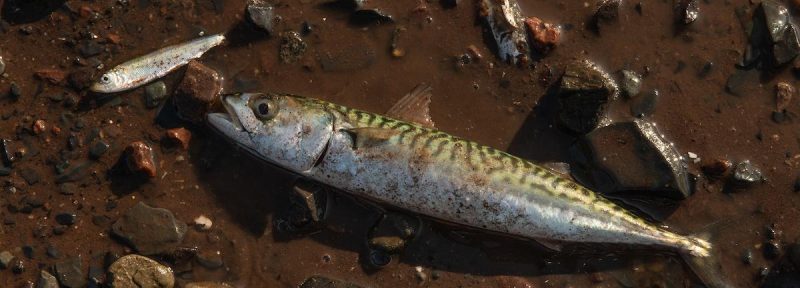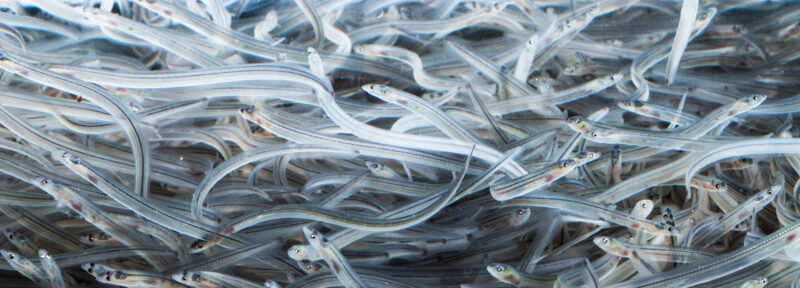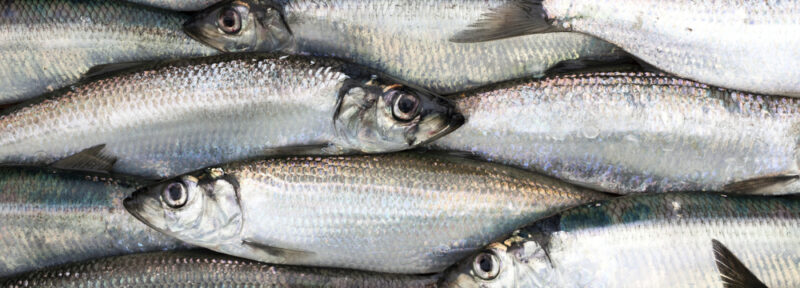Oceans North Recognizes Importance of Difficult Decision on Herring, Mackerel Fisheries in Atlantic Canada
HALIFAX—Earlier today, Fisheries and Oceans Canada (DFO) made a major decision on forage fish. The new decision will close the directed commercial and bait fisheries for Southern Gulf herring as well as the Atlantic mackerel and commercial bait fisheries in Atlantic Canada and Quebec.
“This was clearly a difficult decision, but it was ultimately the only decision that could ensure the long-term health of the stocks and the future prosperity of the fisheries,” says Katie Schleit, senior fisheries advisor at Oceans North. “We hope that this decision leads to healthy fisheries that can support both the ecosystem and coastal livelihoods.”
As “forage fish,” herring and mackerel play a crucial role in Atlantic ecosystems: they are prey for whales and seabirds, as well as for commercially caught species such as tuna. They are also commonly used as bait in the region’s lucrative lobster fisheries.
However, both species have been in decline for a long time. Atlantic mackerel has been in the “critical zone”—meaning the stock is severely depleted—for over 10 years. The spring herring stock has been in the critical zone for almost double that time.
The decision to close these commercial fisheries comes as questions are being asked about how Canada should manage its fisheries in the face of climate change. “Adaptive and ecosystem-based management strategies are going to be all the more important going forward. Decisions need to be made before we get to the point of having to close fisheries,” according to Schleit.
 For more information or to arrange an interview, please contact:
For more information or to arrange an interview, please contact:
Alex Tesar
Communications Specialist
[email protected]




